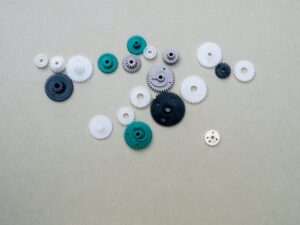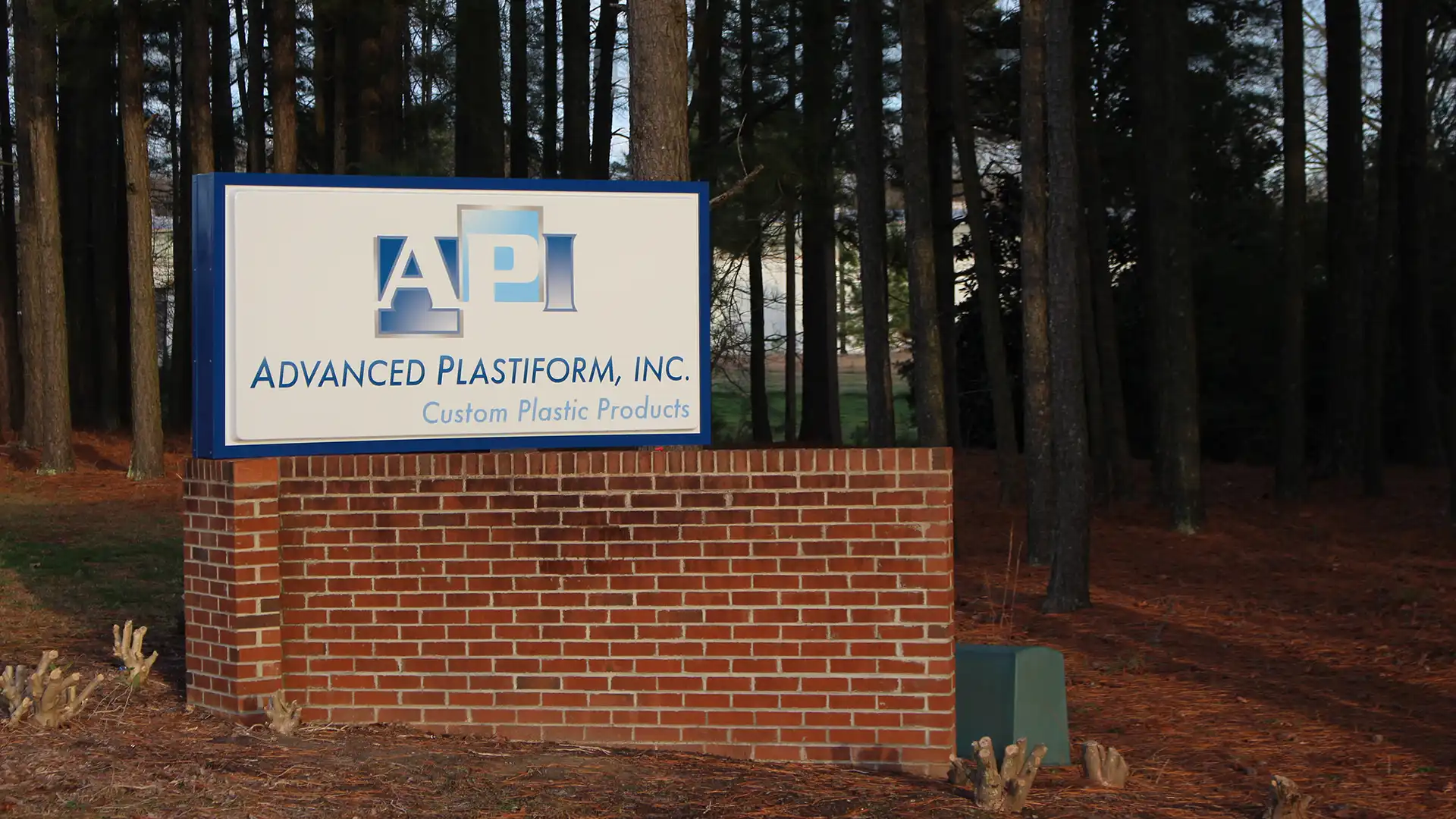Learn how two-shot injection molding can save your organization time and money while improving your…

When you need highly intricate, detailed plastic components that measure only a few millimeters across, traditional injection molding methods may not be the right option. Instead, to achieve the precision and accuracy necessary, a manufacturing technique called micro molding is used. Our injection molding company is taking the opportunity to focus on this as well as break down what it really is and how this method differs from traditional plastic manufacturing.
What Is Micro Molding?
Micro molding is a method of shaping and forming thermoplastics to create products, pieces, and components that are often less than a gram in weight and just a few millimeters in diameter or size. However, it's more than size that defines the components. It also refers to producing high volumes of these components, which are often highly complex and intricate, with accuracy, consistency, precision, and efficiency.
One factor that determines if micro injection molding is used is the "micro intolerance." This refers to how close the needed measurements must be to design in order to be used - basically, how narrow the margin of error is. In micro molding, the tolerance must be within 1/100th of an inch, though in some cases, the molded part must measure within 1/1000th of an inch. Small pieces that don't have such narrow tolerances can often be produced through traditional injection molding.
What Is a Micron
When dealing with components this small, precision is key, which is why they are often measured in microns. A micron (often called a micrometer) is a unit of length that's one thousandth of a millimeter, one twenty-five thousandth of an inch. For perspective, the average human hair has a diameter of around 60 microns. For optical fibers used in telecommunications and surgical plastics used in the medical industry, it's necessary to shape pieces that are 500 microns in diameter and achieving precision within a few microns
How Micro Molding Differs from Injection Molding
On the surface, the process doesn't differ much from traditional injection molding. A piece is designed and prototyped, then a double-sided mold is fabricated. Thermoplastic materials are melted down and a highly pressurized injection tool fills the mold. Once the plastic cools and hardens, the piece is ejected. Micro molding is completed in the same way, though a special injection unit must be integrated into the machine to account for the small sized components.
The Challenges of Micro Injection Molding
Tooling design in injection molding is one of the more complex aspects of the process. A double-sided mold made from materials that can tolerate the high pressure injection without bending, even over thousands of uses, is key to quality. In micro molding, tooling design is an even greater challenge. The steel tolerances must often be within just a few microns, and there are very few suppliers who can meet this need.
Additionally, this can lead to "parting lines." The parting line is the thin line of separation on a plastic component where the two sides of the mold meet. In most plastics, this thin seam isn't an issue as it's only a few microns in width, and it can often be shaved down. In micro molding, the parting line can make or break the assembly and affect proper fit.
The gate location, which is the opening in the mold where the plastic is injected into the cavity, can affect the overall strength and accuracy of the part. Choosing where in the tooling to place the opening is critical to determining uniform flow and ensuring quality. After the plastic cools, the gate can leave a small runner of plastic that needs to be trimmed, called a vestige. Trimming and finishing the gate vestige must be performed with caution and precision because, again, accuracy is key.
Schedule a Consultation for Injection Molding
At Advanced Plastiform, Inc., we work with a variety of industries, including automotive, medical, and telecommunications, manufacturing custom plastics through injection molding and thermoforming. With low per unit pricing and fast lead times, we make durable, high-quality custom plastics affordable and accessible to customers across the Mid Atlantic and Southeast, including North Carolina, South Carolina, Pennsylvania, Maryland, Tennessee, Georgia, and Virginia.
Contact Advanced Plastiform, Inc.
Let Us Know How We Can Help!

